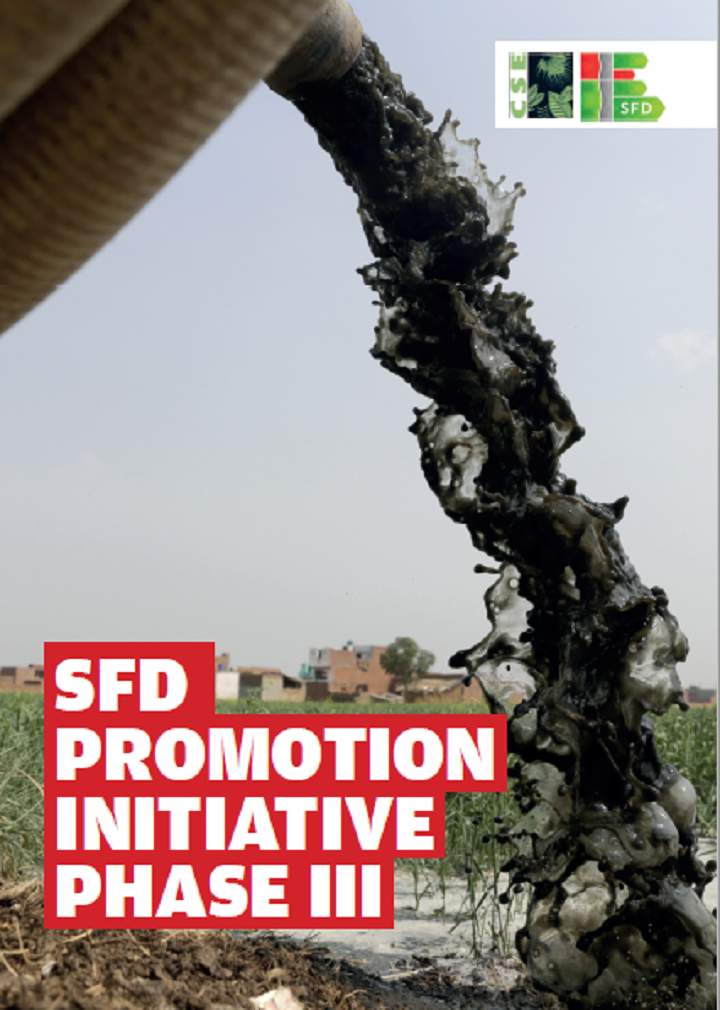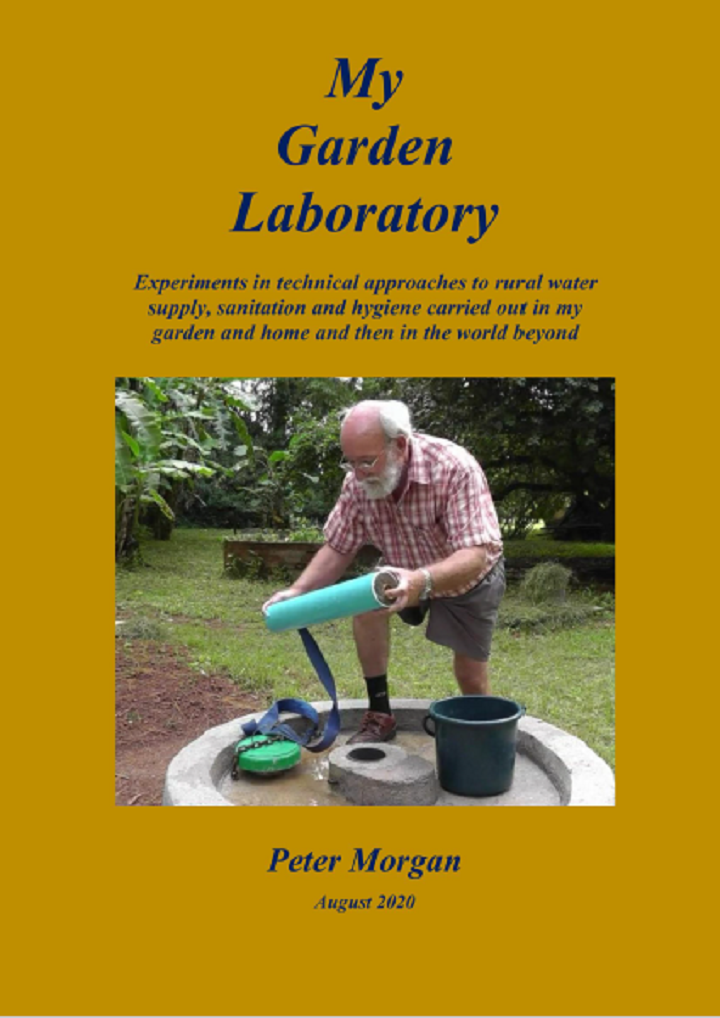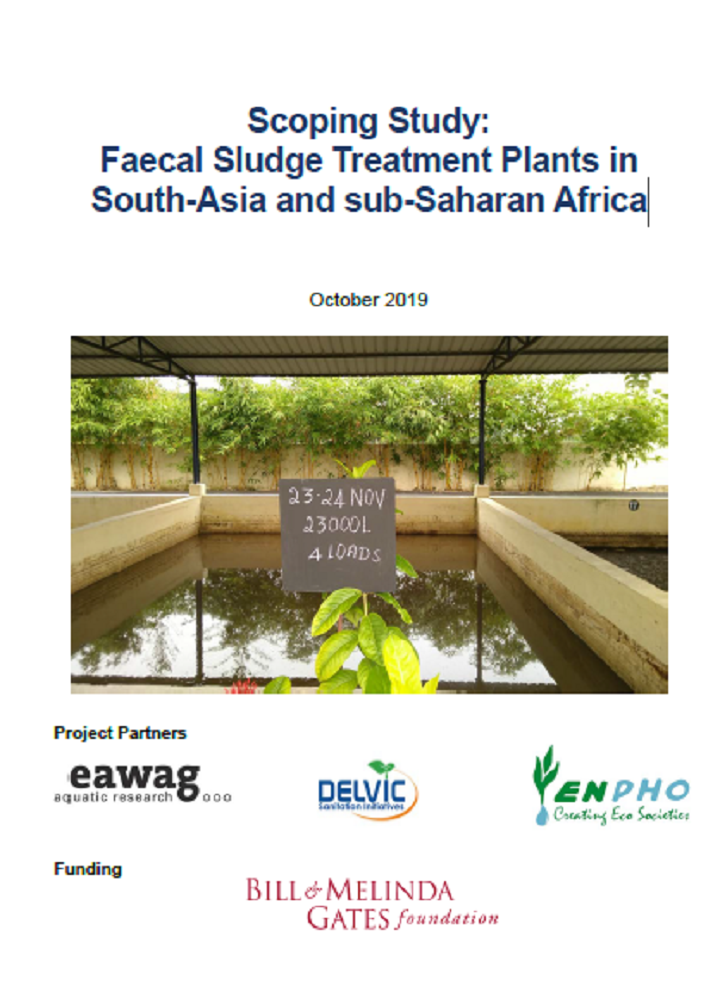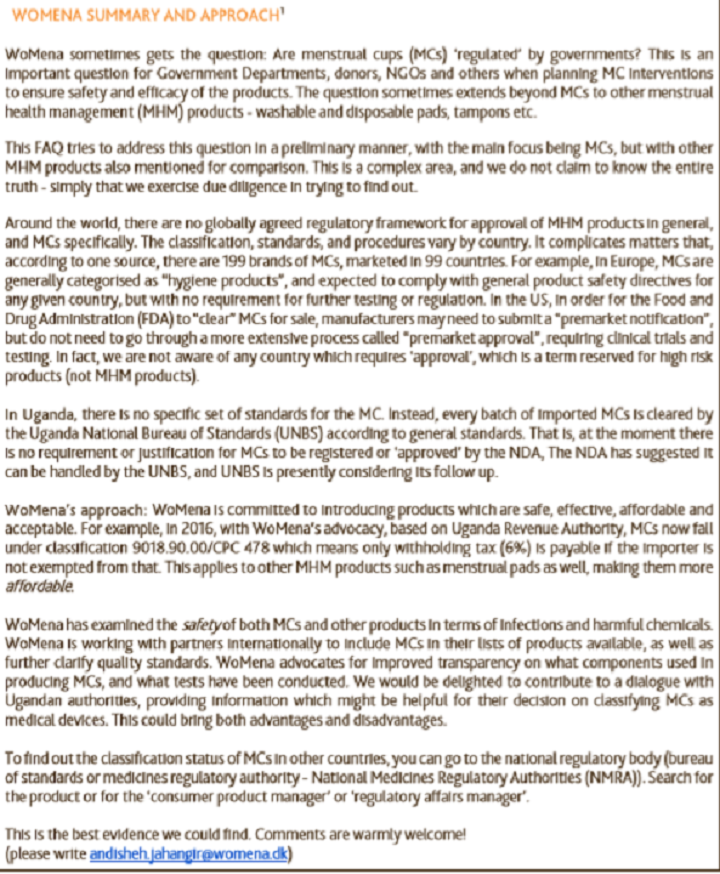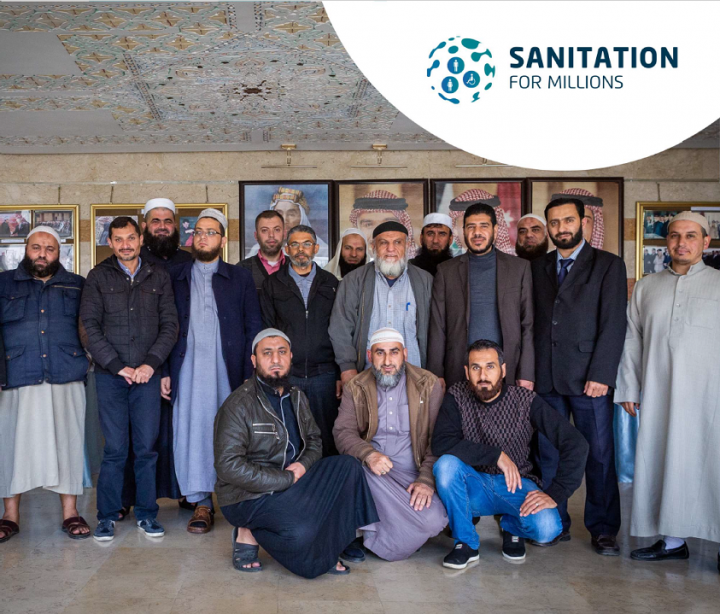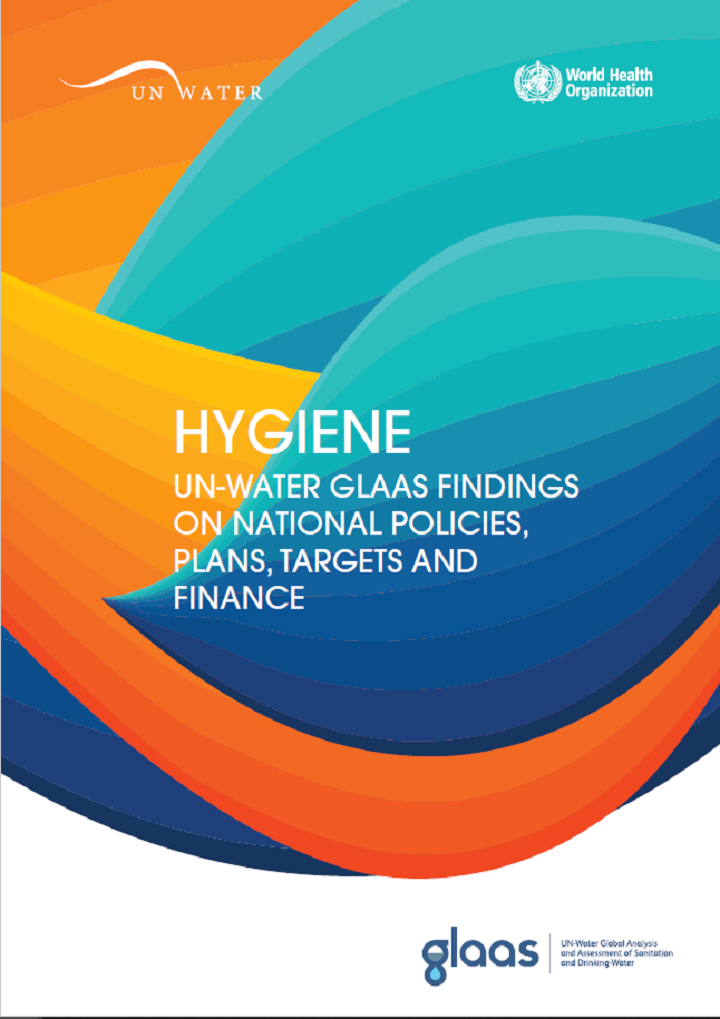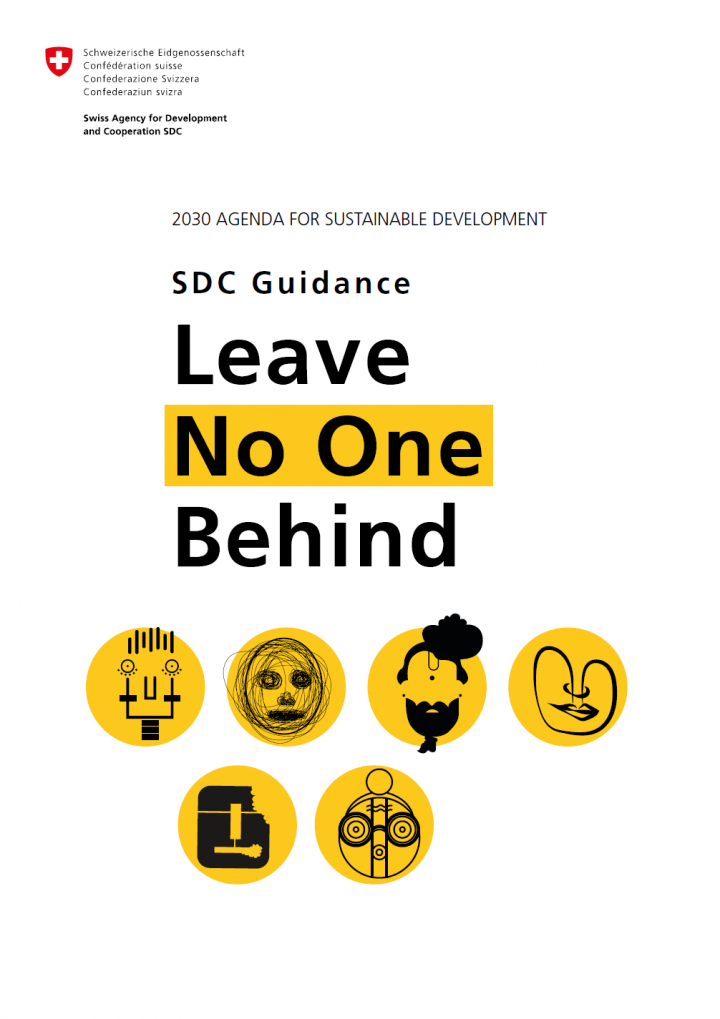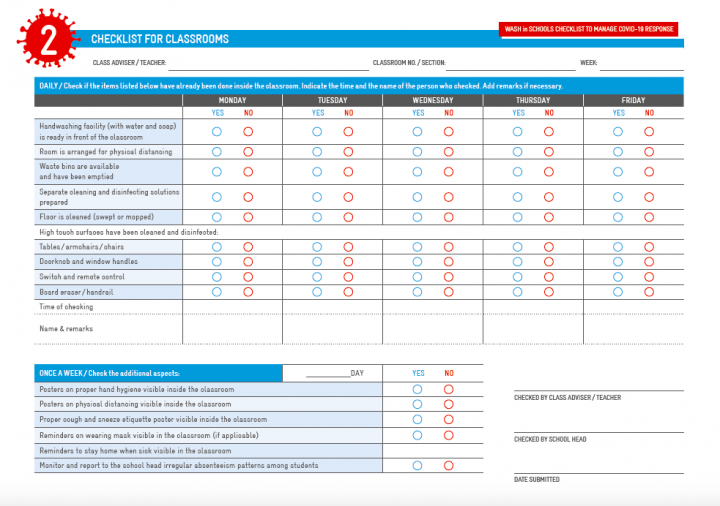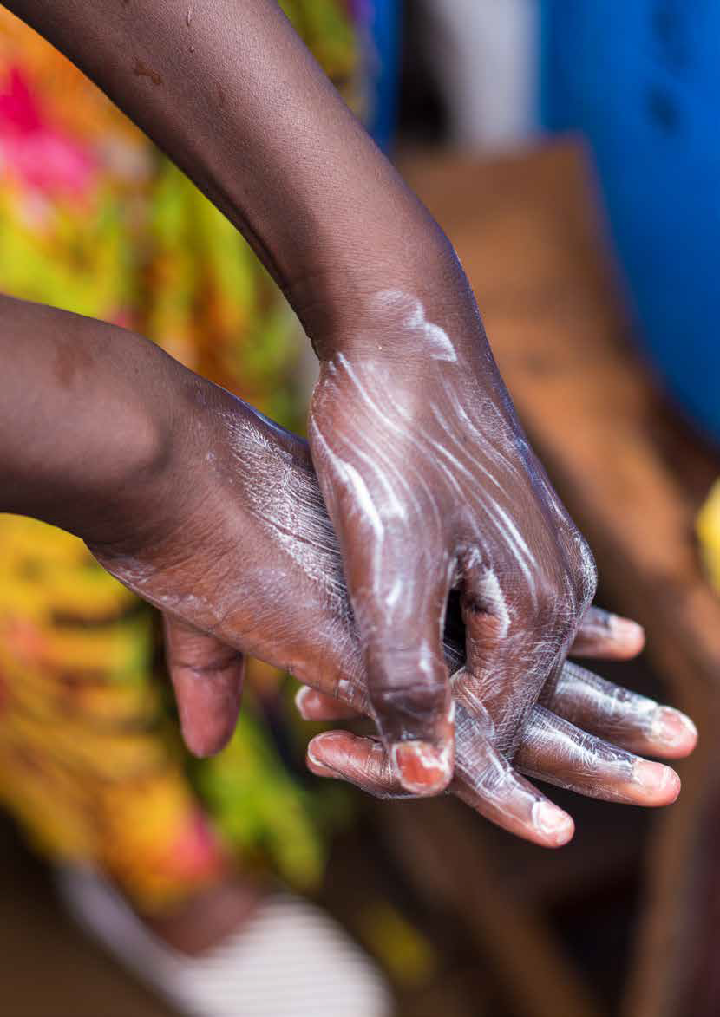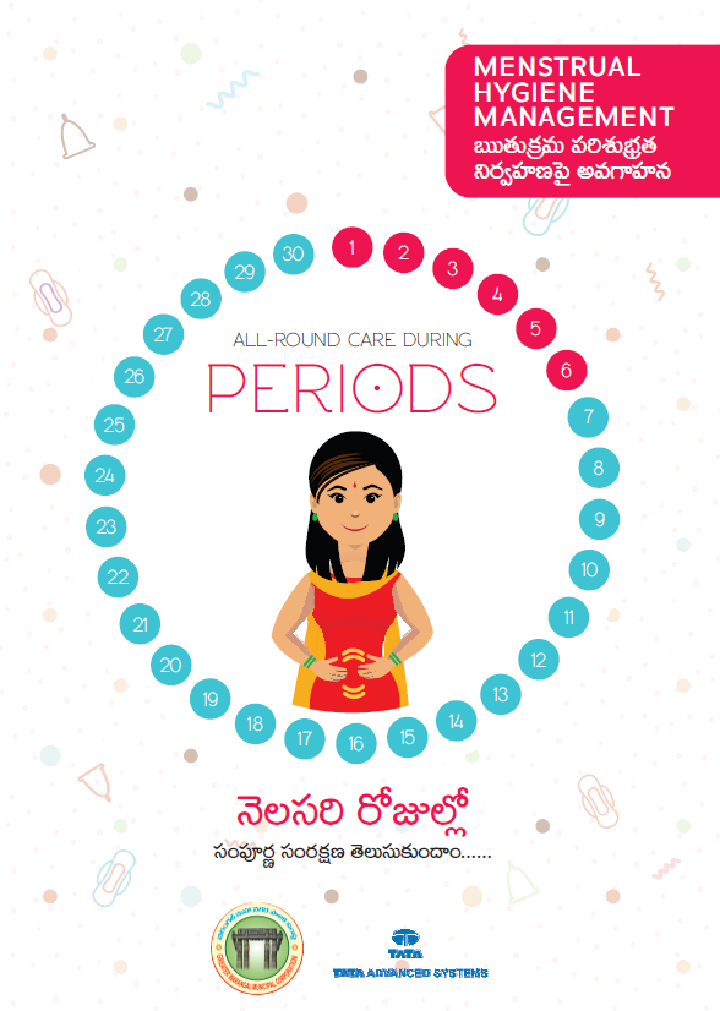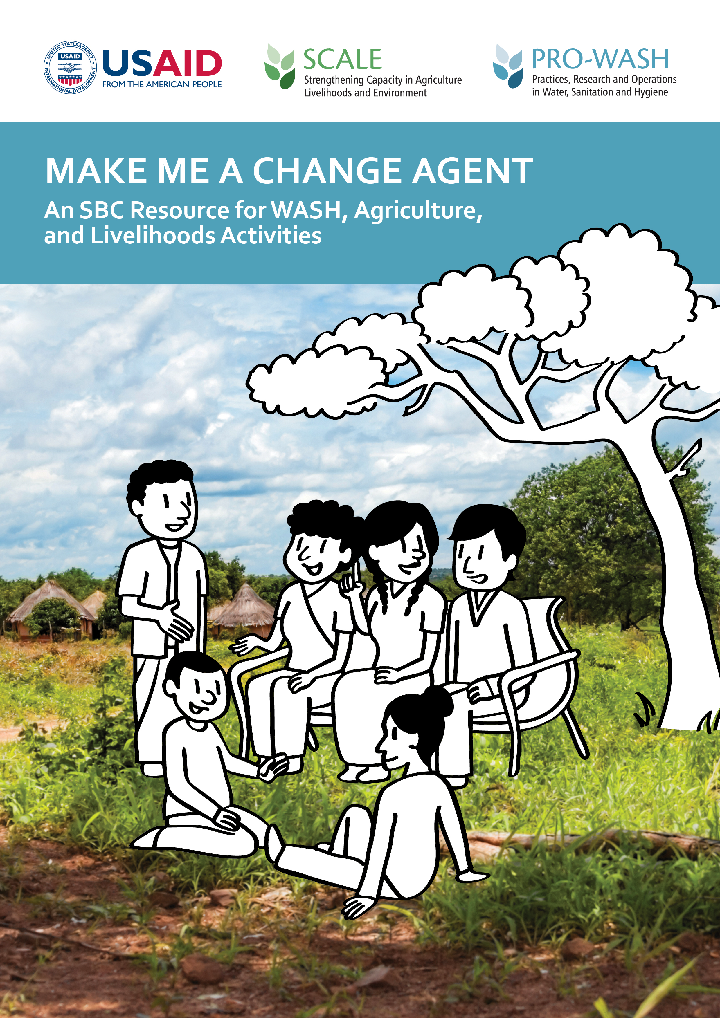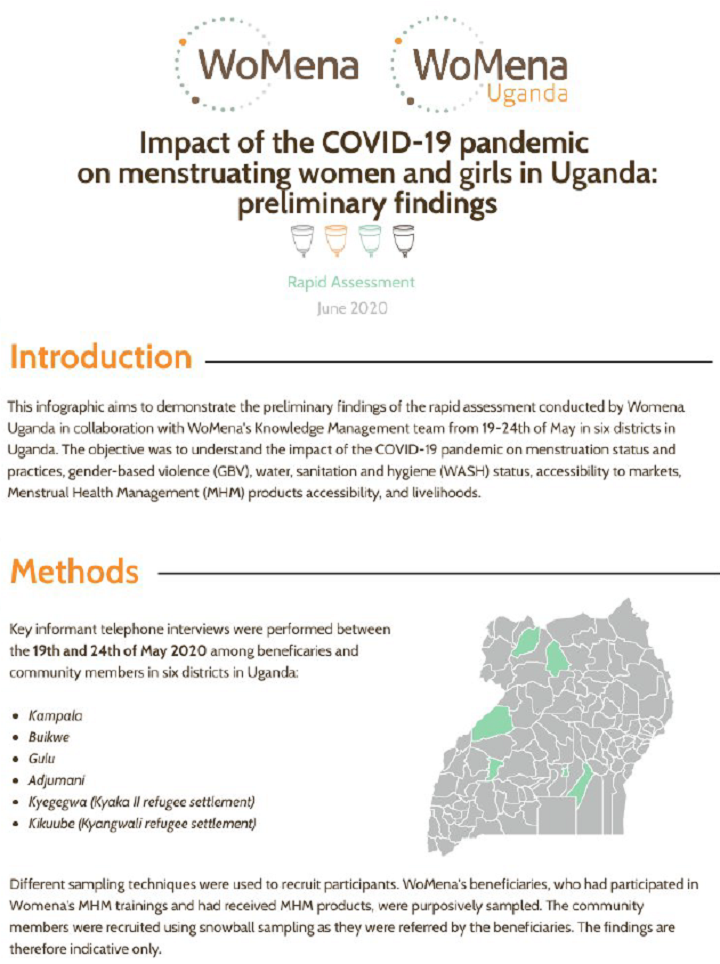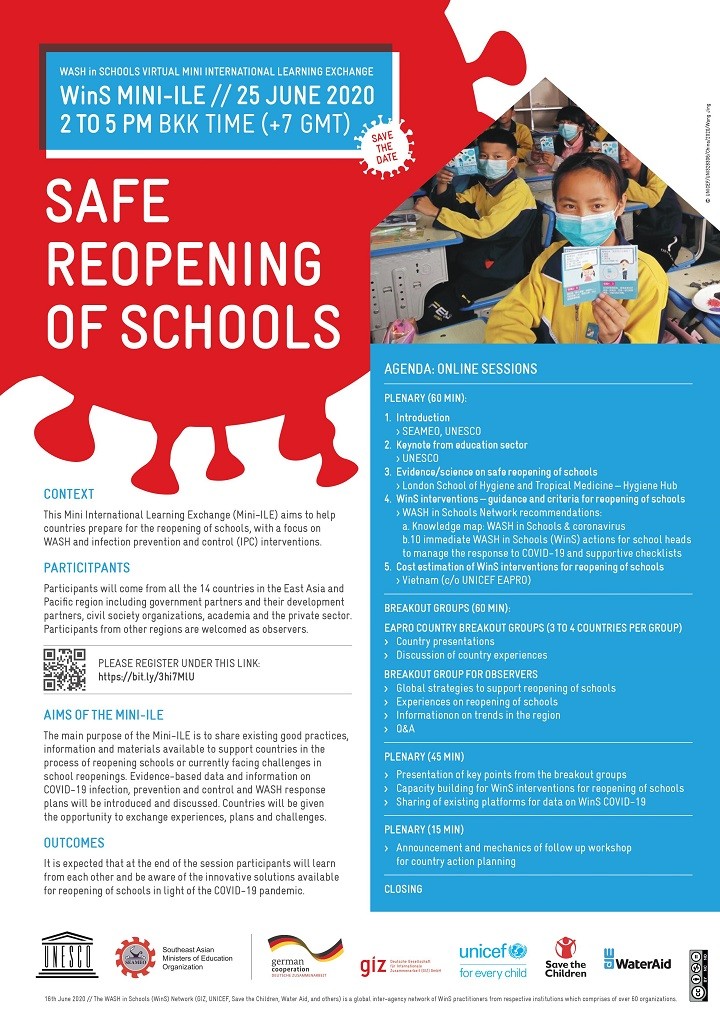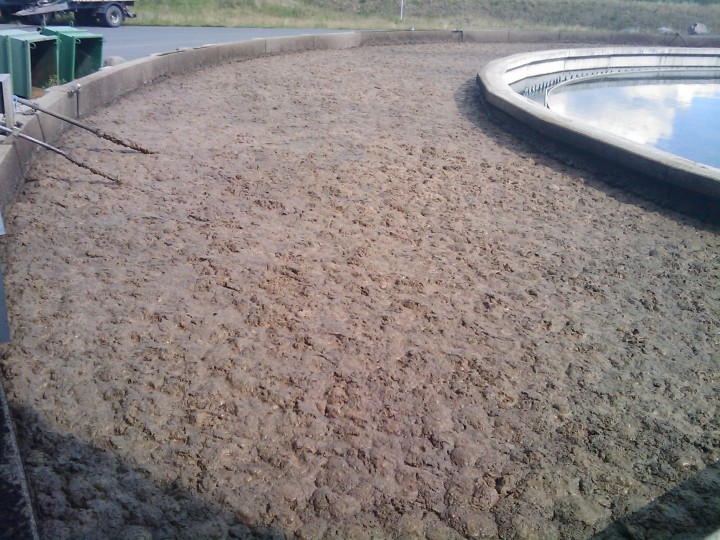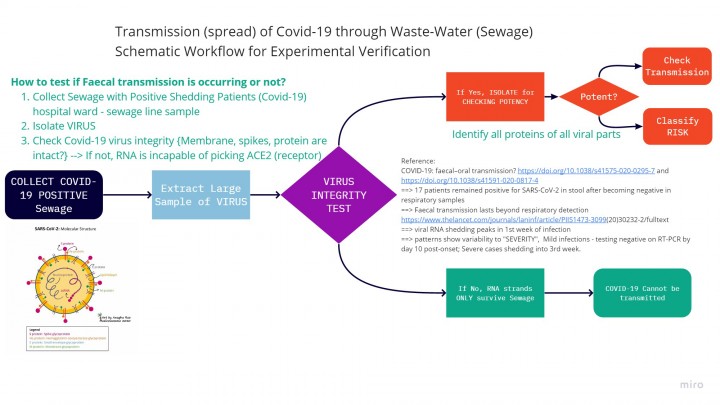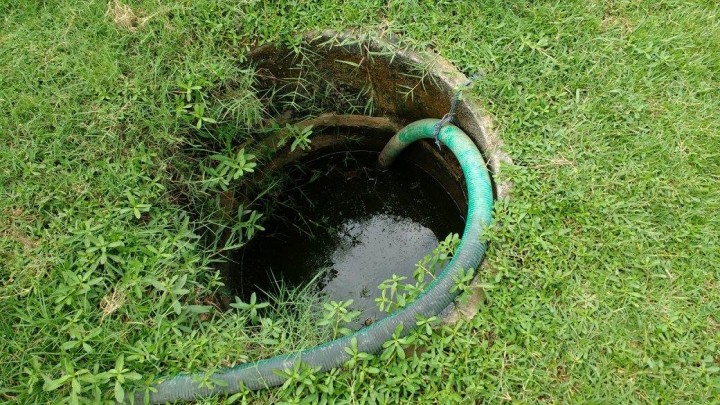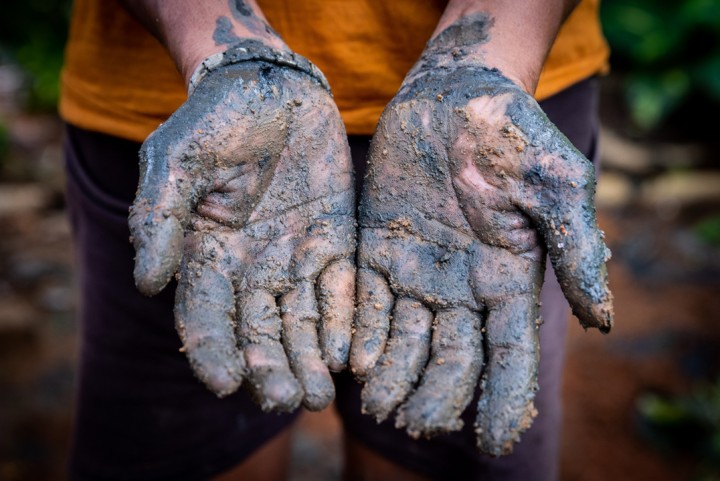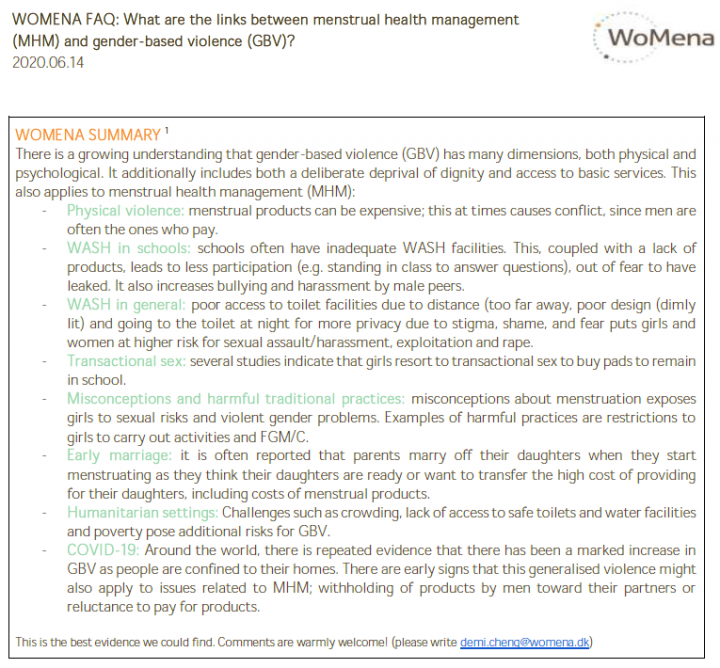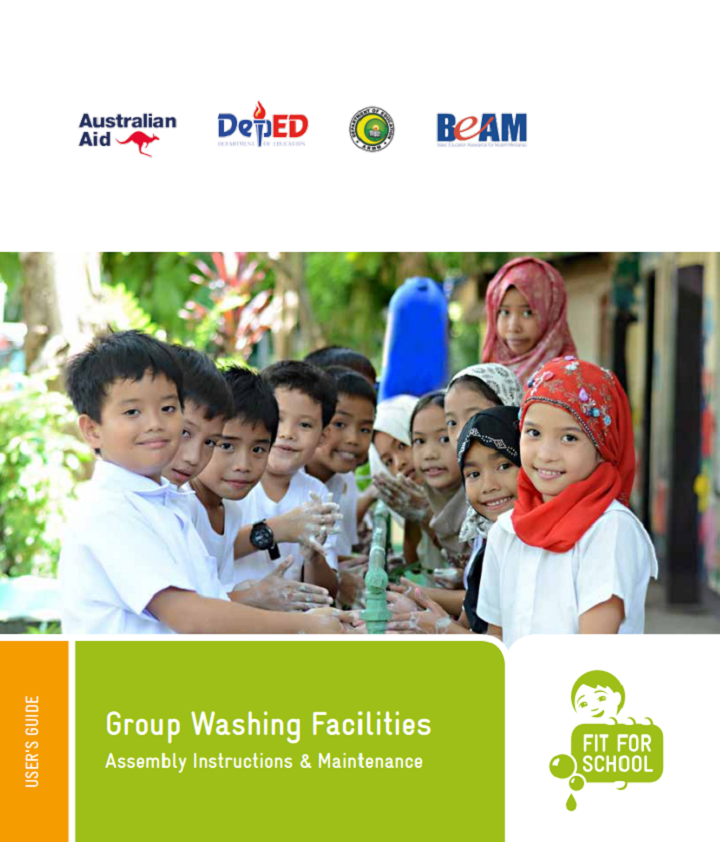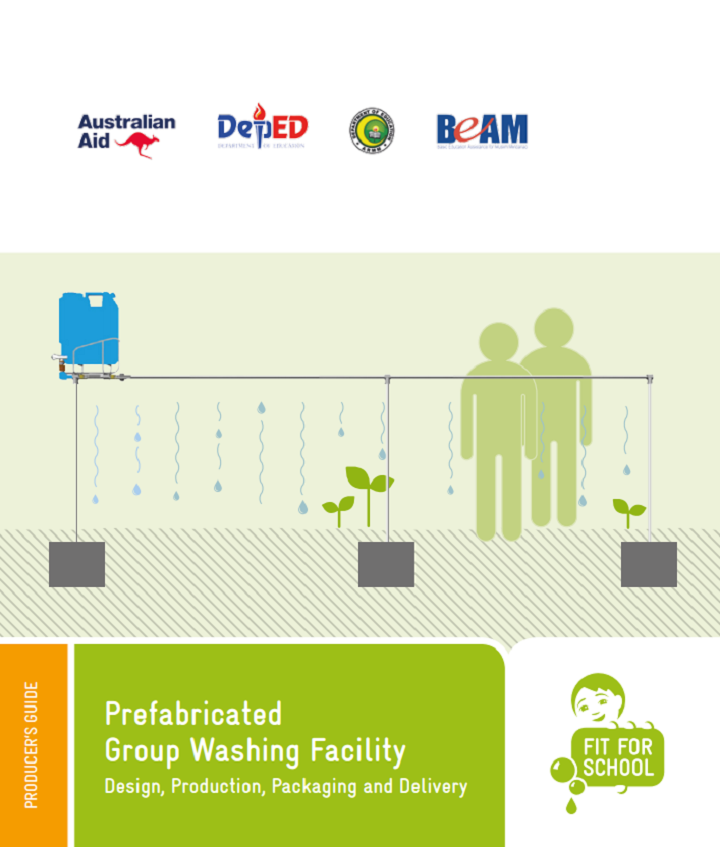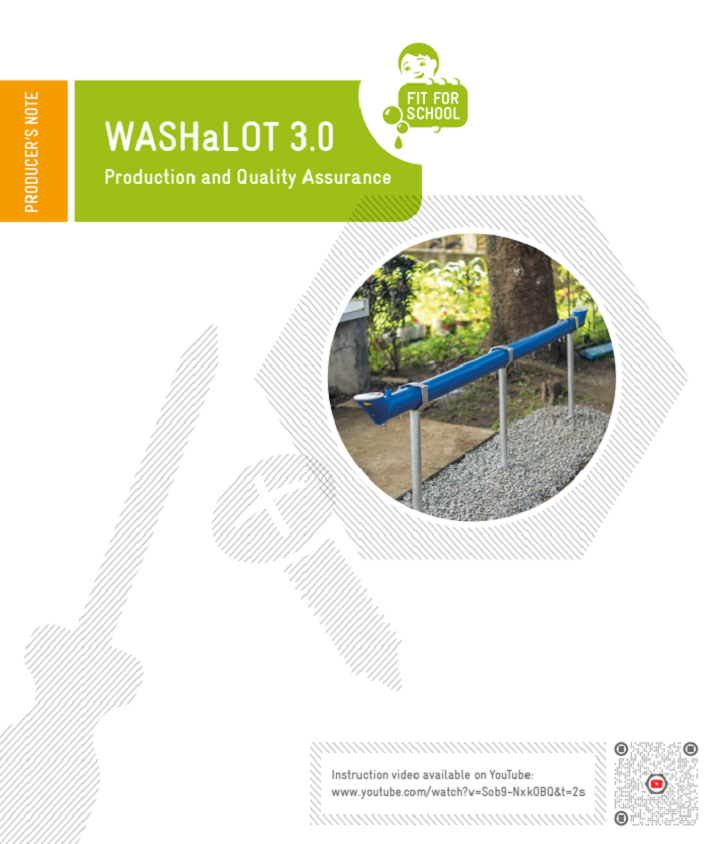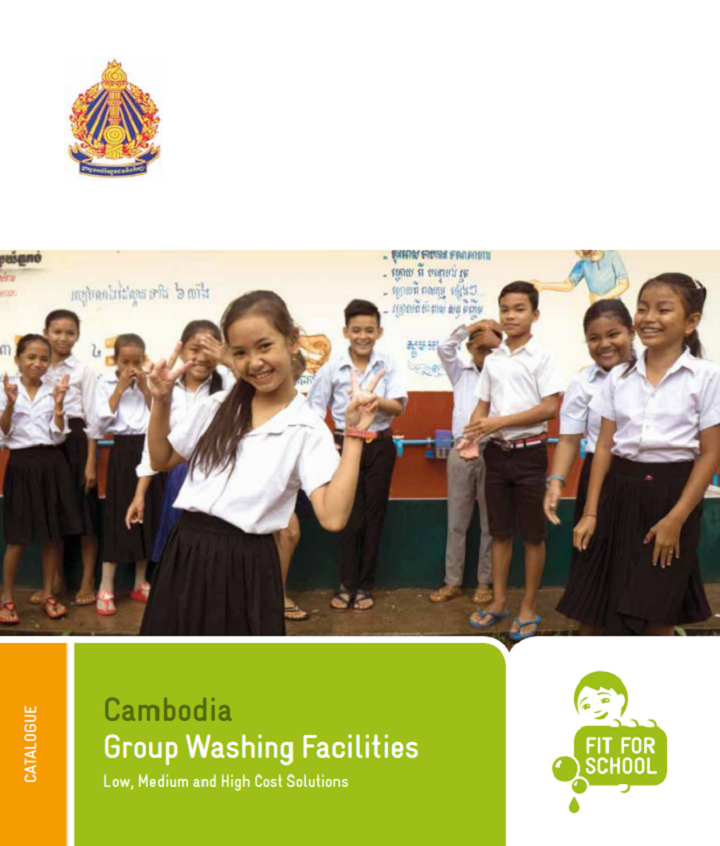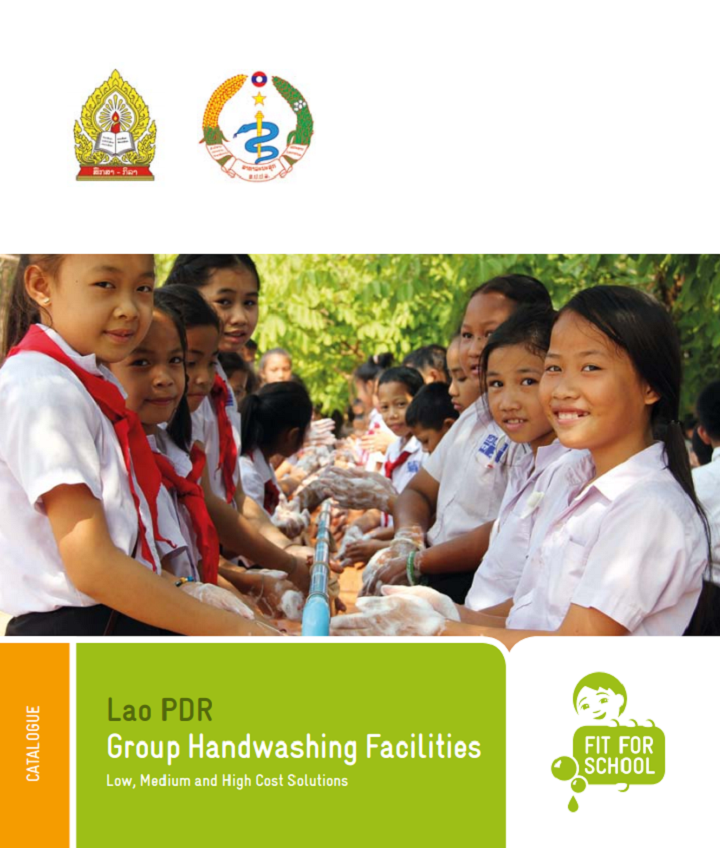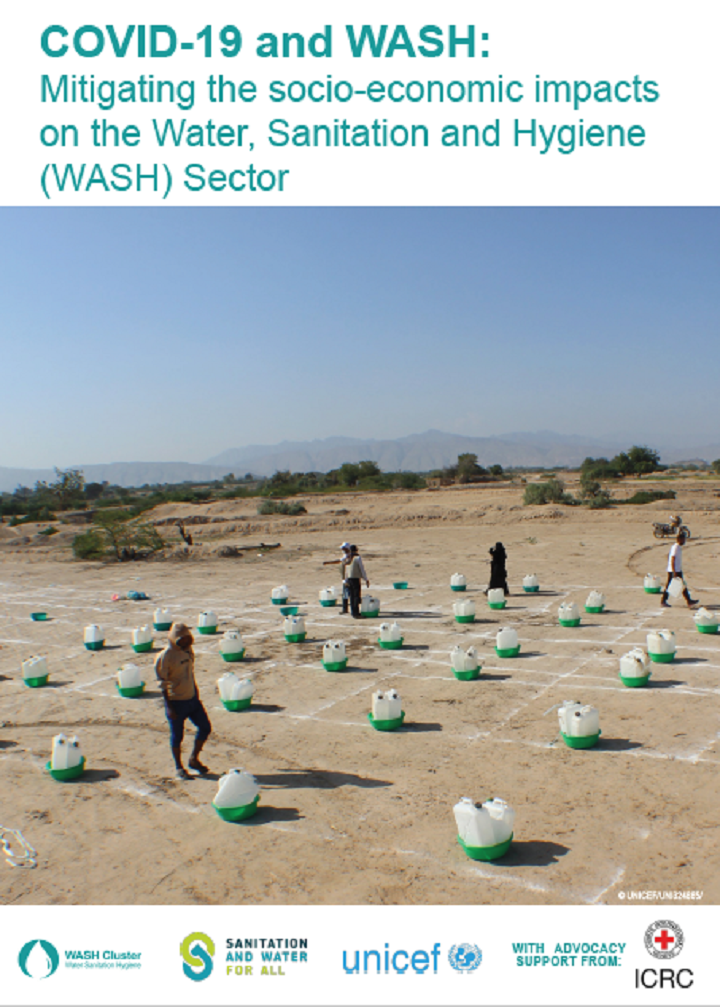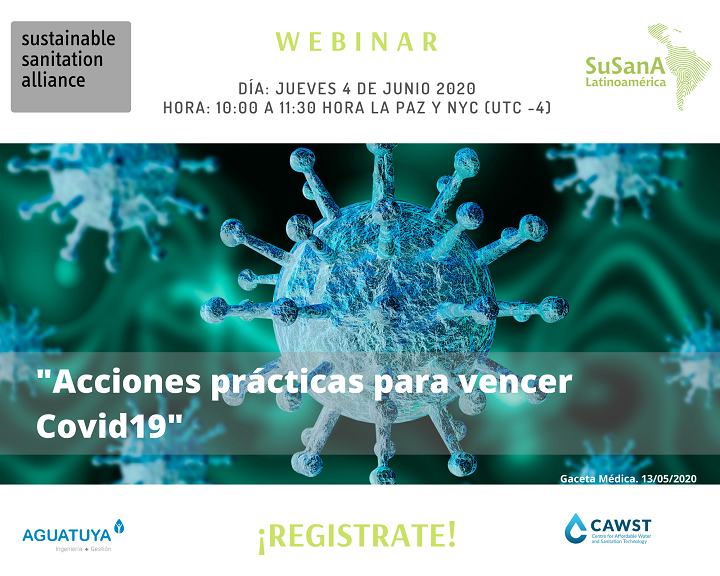Searching for information on Sanitation Workers?
The Sanitation Workers Knowledge + Learning Hub is the best source for all current news, trends, articles and updates on sanitation workers rights around the world.
An excreta flow diagram (also often described as shit flow diagram, SFD) is a tool to readily understand and communicate how excreta physically flows through a city or town. For more information on SFDs and the SFD Promotion Initiative visit https://sfd.susana.org/. During the first two phases of the SFD Promotion Initiative, the SFD approach and the tools and methods for the production of SFDs …
There is something about being an experimenter and a scientist that never quite fades despite ones age or the fact that, as the years pass, as one gets older, the brain and the body never quite functions as efficiently as it used to do. Having been a student of Zoology in my early years and trained in the scientific method of a bygone era (1960’s) and later adapted to a completely different …
Worldwide over the last years, a shift has taken place in the acceptance of faecal sludge management (FSM). It is now considered by many to be a viable solution alongside sewer-based systems in achieving citywide inclusive sanitation, and faecal sludge treatment plants (FSTPs) are starting to be constructed throughout Asia and Africa. For example, more than 40 FSTPs started operation in India and …
WoMena Summary and Approach
WoMena sometimes gets the question: Are menstrual cups (MCs) ‘regulated’ by governments? This is an important question for Government Departments, donors, NGOs and others when planning MC interventions to ensure safety and efficacy of the products. The question sometimes extends beyond MCs to other menstrual health management (MHM) products – washable and …
Universal access to adequate sanitation is one of the under-appreciated achievements of many societies – and unfortunately remains a distant dream for millions. Even in countries where there is no home without a toilet, public institutions tend to have facilities that are part of the unseen fabric of civilisation. Familiar signs guide the way to public conveniences that are usually open to …
Frequent and proper hand hygiene is one of the most important measures that can be used to prevent infection with the COVID-19 virus. Actions by governments to promote hygiene, including handwashing with soap and water and providing hygiene infrastructure such as public handwashing facilities, are critical at this time. These actions should be complemented by activities to ensure access to water …
The 2030 Agenda for Sustainable Development recognises “that eradicating poverty in all its forms and dimensions, including extreme poverty, is the greatest global challenge and an indispensable requirement for sustainable development”. In adopting this Agenda, the international community pledged to leave no one behind, to see to it that the Goals and targets are met for all nations and …
The Hand Hygiene for All Global Initiative is led by WHO and UNICEF. It aims to implement WHO’s global recommendations on hand hygiene to prevent and control the COVID-19 pandemic and work to ensure lasting infrastructure and behavior. It calls for countries to lay out comprehensive roadmaps to ensure hand hygiene is a mainstay beyond the pandemic. It also proposes a framework for coordination …
Menstrual Hygiene Management is fundamental to the dignity and wellbeing of girls. Menstrual hygiene education, availability of water and toilets, safe sanitation facilities with access to sanitary products, are important factors enabling girls to attend school and lead a healthy life, not interrupted by menstruation.
This guidance booklet is an education resource to help girls to manage, with …
Make Me a Change Agent: An SBC Resource for WASH, Agriculture, and Livelihoods Activities is an adapted version of the Make Me a Change Agent: A Multisectoral SBC Resource for Community Workers and Field Staff guide (produced in 2015 under The TOPS Program) and was co-created by the USAID Office of Food for Peace (FFP)-funded SCALE and PRO-WASH awards.
This adapted Make Me a Change Agent …
WoMena Uganda conducted a rapid assessment in collaboration with WoMena’s Knowledge Management team in six districts in Uganda to understand the impact of the COVID-19 pandemic on menstruating girls and women. The infographic shows the assessment’s preliminary findings on menstruation status and practices, gender-based violence (GBV), water, sanitation and hygiene (WASH) status, accessibility …
An overview of, as well as the presentations from the Mini ILE can be found following the first external link below "Resources and Overview of the ILE Virtual Conference". Additional resources are provided following the other external links as well as in the provided PDF "WASH in Schools Checklist to Manage COVID-19 Response".
Research from past epidemics of the severe acute respiratory syndrome (SARS) caused by coronaviruses has suggested viruses are excreted in stools by infected human beings. They have been detected in sewage. Mapping where they were found can help determine if there were infections in a geographic area. This method has been used to keep tabs on polio and use of drugs, especially cocaine.
Traces …
WoMena SUMMARY [1]
There is a growing understanding that gender-based violence (GBV) has many dimensions, both physical and psychological. It additionally includes both a deliberate deprival of dignity and access to basic services. This also applies to menstrual health management (MHM):
Physical violence: menstrual products can be expensive; this at times causes conflict since men are often …
In the Philippines, GIZ is providing technical assistance to the Department of Education in the Autonomous Region in Muslim Mindanao (DepEd ARMM) to improve WASH in Schools. GIZ’s support forms Component 2 of the Australian Embassy’s Basic Education Assistance to Muslim Mindanao (BEAM ARMM) program. Additional support is provided by the German government through the Federal Ministry for …
Schools across ARMM have constructed their own group washing facilities. Simple affordable materials, like used plastic bottles, can be used to make tippy taps, for example, which can make handwashing facilities accessible for all. However, when building more durable structures, many schools struggle to ensure the functionality of their facilities over time. In some cases, schools may lack the …
Access to functional and clean group washing facilities in schools allow for WASH activities for a larger number of children at various times throughout the day. Group washing facilities, which need to be water-saving, are designed to enable both group handwashing and individual handwashing. Based on this there is a demand for durable and scalable infrastructure which are long-lasting, low cost …
In 2016, the Ministry of Education, Youth and Sport in Cambodia published the ”Guidelines for Minimum Requirements for WASH in Schools“. The guidelines are designed for stepwise improvements of WASH (Water, Sanitation and Hygiene) infrastructure and hygiene behavior in schools to reach the national goal of water and sanitation access for all in 2025.
This group washing facility catalogue …
Schools are the heart of a community where children spend half of their day. They play a unique role in creating healthy learning environments. The social norms and habits developed in children will stay with them all their lives. Thus, by providing a healthy learning environment and promoting healthy practices, schools act as an equalizer for all children from varied economic backgrounds.
The …
Clean drinking water, improved sanitation and good hygiene practices are life-sustaining and play an important role in maintaining public health. The benefits of water, sanitation and hygiene (WASH) cannot be underestimated in controlling the spread of disease, as well as underpinning human rights, well-being and development. Safe water, sanitation and hygiene is a necessity to reduce the spread …
El coronavirus COVID-19 está causando estragos en la economía y los sistemas de salud a nivel global, sin embargo existen esfuerzos de diferentes organizaciones que dan frutos en el intento de contener esta emergencia internacional que ya fue declarada como pandemia.
¿Como podemos influir en el comportamiento de las personas? ¿Qué buenas prácticas se pueden aplicar para proteger al …

